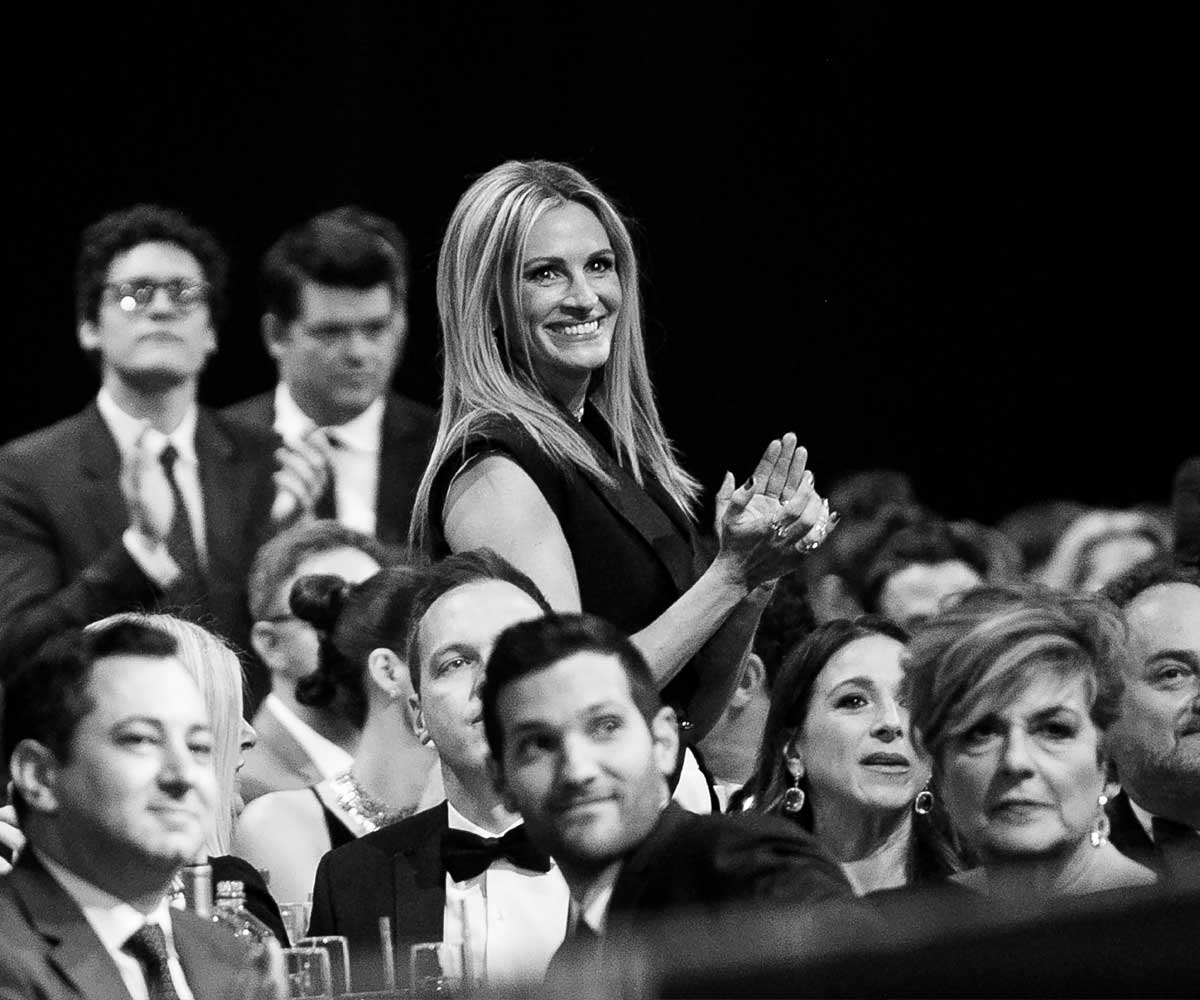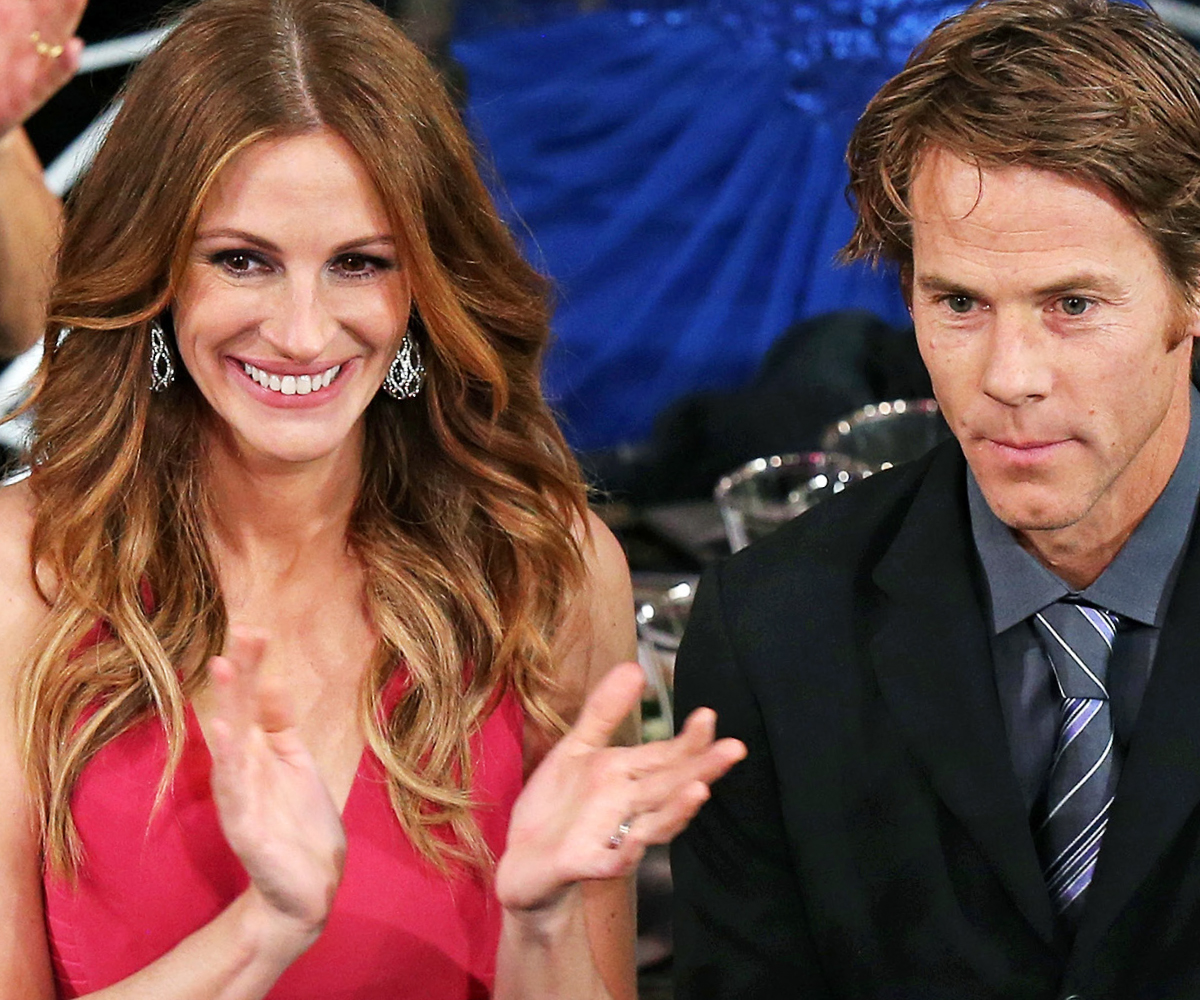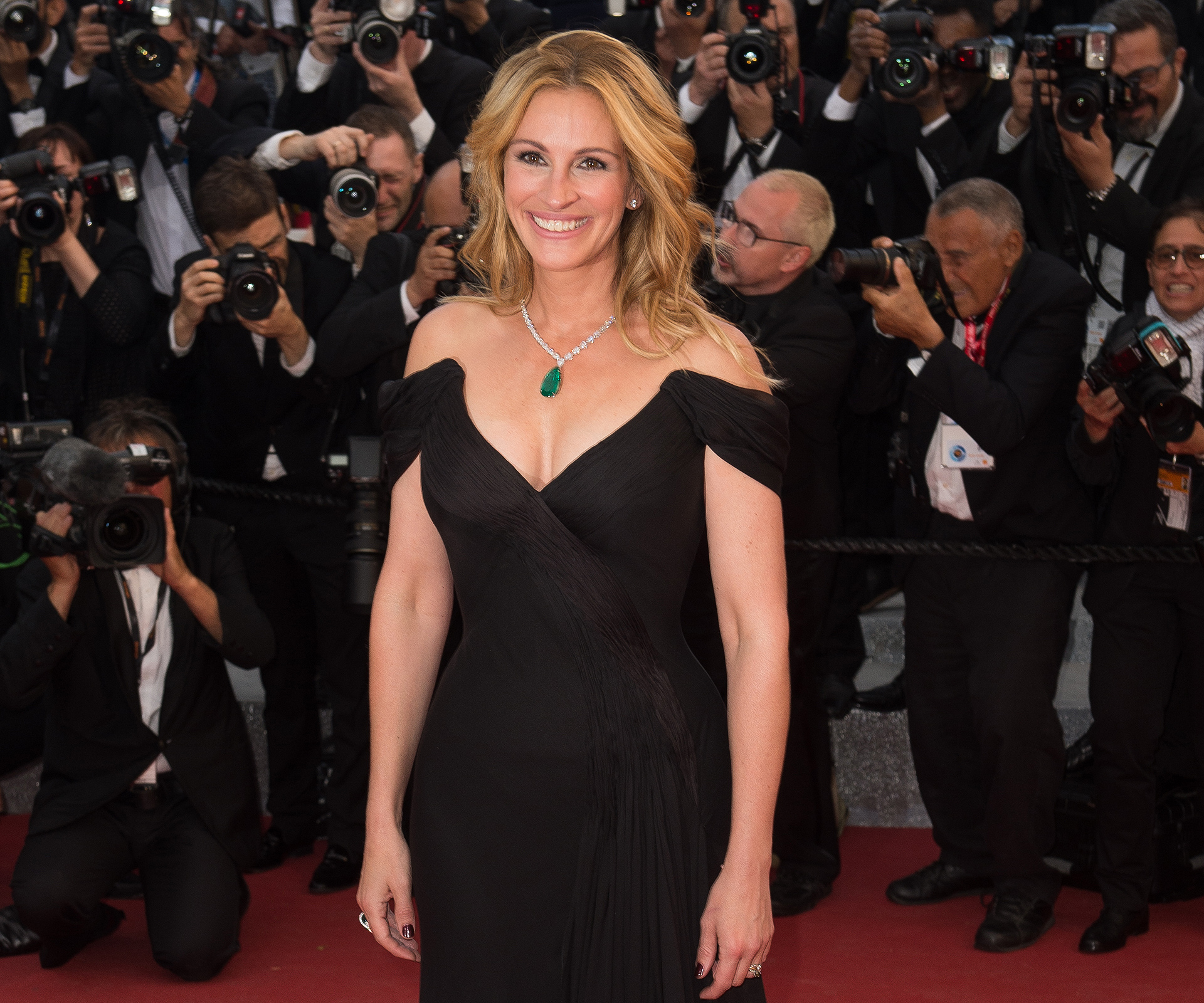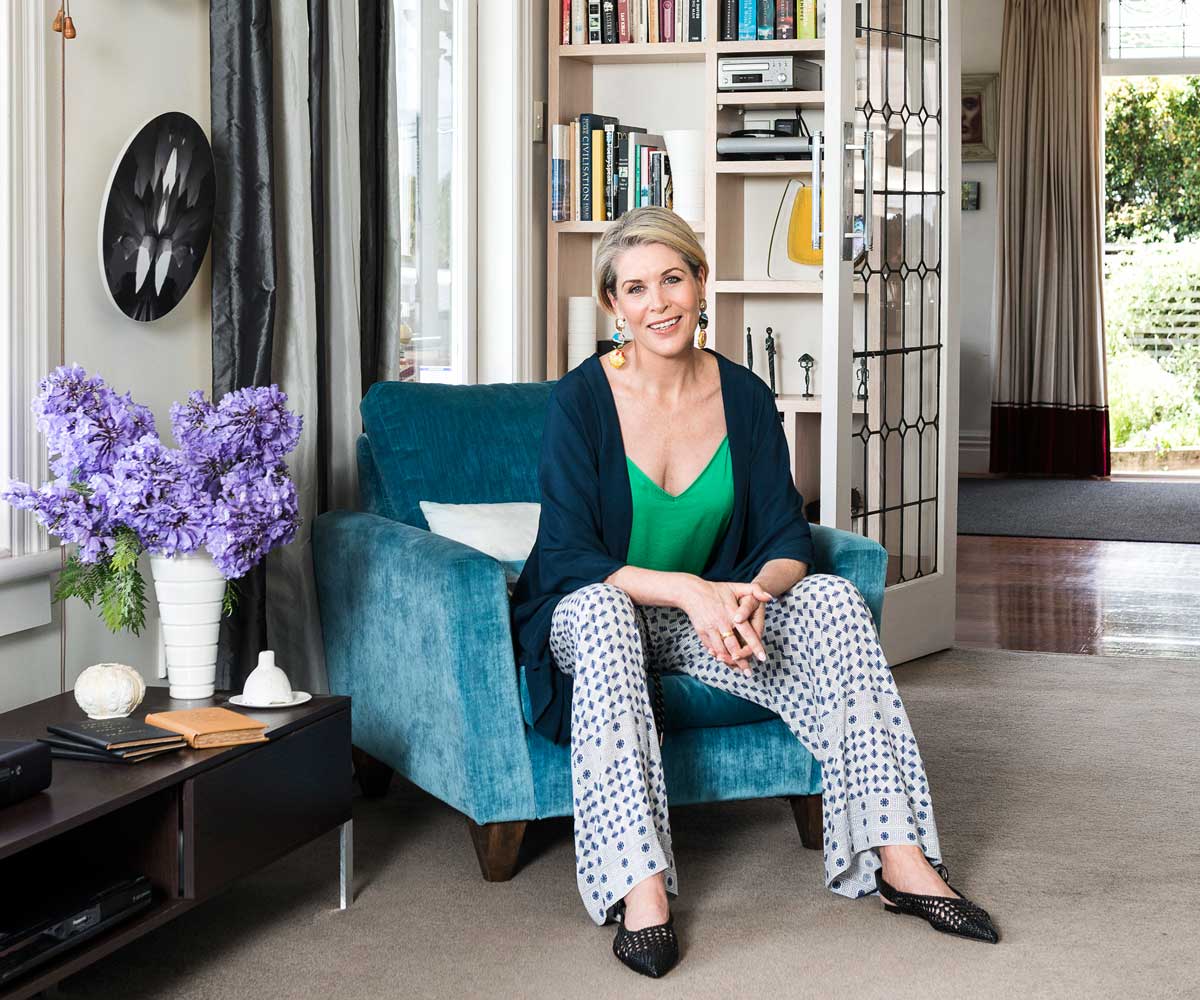It’s 1991 and a 23-year-old Julia Roberts is being interviewed by the LA Times following on from the success of Pretty Woman – the film that, one year earlier, became a box office smash and made a phenomenon of the young actress from Smyrna, Georgia.
Described by 20th Century Fox’s then-chairman Joe Roth as “up there with Costner, Gibson, Schwarzenegger“, the notion that Julia’s star power puts her in a league of extraordinary gentlemen isn’t even a veiled implication.
“Right now there are perhaps 10 people whose names alone could guarantee the success of a film,” he says, “and she’s arguably the only woman on that list.”
Commanding more money than any other leading lady in Hollywood – which at the time meant $7 million for 1992’s Renegade – she is, according to one former agent, being sent every script in the business. Put simply, “There’s Julia Roberts… and everyone else.”
Fast forward 30 years and she’s still, without question, one of the most famous movie stars on the planet. Adding to her substantial CV in late 2018 with the releases of Homecoming – a new TV series in which she plays a caseworker at a transitional facility for soldiers – and the critically-acclaimed family drama Ben is Back, she went on to steal the show at the Oscars in March, where she presented the prestigious Best Picture award.
Throughout the remainder of 2019, she’s in talks to star in and produce a number of film and television projects – including a rumoured screen adaptation of the bestselling Jo Piazza novel, Charlotte Walsh Likes to Win – and that’s in addition to fronting campaigns for Lancôme, the luxury French cosmetics brand she’s lent her face to for the past 10 years.

Since boarding the fame train in 1985 bound for New York City, you might say that it has never slowed for the now 51-year-old. There’ve been no extended periods of downtime, nor can one pinpoint a career apex of sorts to suggest that she peaked somewhere along the way.
Breaking records and shattering glass ceilings at every turn (for Erin Brockovich in 2000 – which earned her a best actress Oscar – she became the first female to be paid $20 million for a role) she’s worked consistently and conscientiously for three decades.
People magazine has bestowed upon her the title of World’s Most Beautiful Woman no fewer than five times – most recently in 2017. So what’s the secret to her enduring celebrity?
Clever decisions
For starters, she’s made plenty of good career decisions – although she says luck accounted for some of those, including being cast as sex-worker-slash-romantic-lead Vivian Ward in Pretty Woman, after eight other actresses turned it down.
“It’s not really a measure of talent. It’s a measure of good fortune,” she told The Guardian earlier this year before giving herself a little more credit. “And being able to have your wits about you enough to make something out of that good fortune.”
For Julia, this meant – and continues to mean – absolute commitment to the craft. In a 2018 cover story for Harper’s Bazaar, she explained to interviewer Oprah Winfrey that being an actor requires one to be vulnerable at all times.
“It’s my job to go to a place of exposing my feelings – showing what I think is the truth of what I’m trying to perform – and setting aside the risk of failure.”
As for how she arrives at that ‘truth’, the immersive approach has never failed her. In the lead up to filming Pretty Woman, Julia tapped into the character of Vivian by meeting with sex workers at the Los Angeles clinic where director Gary Marshall’s wife worked as a nurse, and later spending time with them on Hollywood Boulevard.
More recently, she trawled online forums for mothers of addicts for Ben is Back, about a recovering teenage drug addict who turns up in his mother Holly’s driveway on Christmas Eve, claiming to have been let out of rehab for a home visit.

Julia in Ben is Back with Lucas Hedges
Determined to get not only the characterisation right but the dynamic, a month before filming started, Julia invited actor Lucas Hedges, who plays the troubled Ben, to move into her family’s Malibu home.
“We needed to figure out how to be in each other’s space,” she told The Guardian, later explaining to Oprah that her own children – twins Phinnaeus and Hazel, 14, and 11-year-old Henry – often have questions about her ‘pretend’ kids.
“I felt it was important that they understood who it was that I was going off with,” she said, adding that it was her way of pulling the curtain back and enabling them to better understand her job.
It’s a weird one after all. But don’t conflate the job with the person – her family certainly doesn’t. “People confuse this idea of having a fantastical job with somehow being a fantastical individual. Like, ‘How could you possibly make breakfast?’ Well, hunger is a good motivator!” she joked in Harper’s Bazaar.
Something of a non-entity in her own household, Julia reveals that when someone addresses her as ‘Ms Roberts’, her kids take a minute to realise they’re talking about her. “It’s not my last name, it’s just my stage name, so it’s startling for them when they hear it.”

Parenting strategy
More attune to her celebrity factor the older they get, she says they understand that she’s famous, but they’re still trying to gauge the precise level of fame. Her daughter once asked her if she was as famous as Taylor Swift. As far as having any bearing on their relationship, it appears the answer was irrelevant.
“I’m a strict mum,” she says. “I think it’s important that children know their boundaries. I’ll say, ‘This doesn’t change the amount of love in this house for you but you have to do your homework!'”
Open communication is key to the parenting strategy that she shares with cinematographer husband, Danny Moder. Preferring to have serious conversations with her kids rather than punish them for things they’ve done (“My serious face is punishment enough!”), she says she’s not afraid to say ‘no’ – even if it’s only to buy herself time to figure out what she’s saying ‘no’ to.
“Sometimes they ask me things and I have to look into it because I don’t even know what we’re talking about,” she laughs.
Encouraged to join Instagram last year by her son (who then proceeded to ridicule her content), a useful touchstone comes in the form of Julia’s niece, millennial actress Emma Roberts. Occasionally – like when Emma posted a candid picture of the pair to her own Instagram, unwittingly opening her A-list aunt up to a torrent of abuse – it’s a stark reality check.
“The comments said I looked terrible, that I wasn’t ageing well, that I looked like a man… and I was amazed at how that made me feel. I’m a 50-year-old woman and I know who I am, and still my feelings got hurt. What if I was 15?”
The episode gave her a glimpse at what being an adolescent today is really like. “I was glad it happened. You have to go through things to understand them and that was just a paper cut of what can really go on with social media.”
Hollywood changes
It’s a level of pressure that she says is completely foreign to her, as it would be for the other permanent A-listers that make up Hollywood’s ‘old guard’ – think your Julias, your Cates, your Sandras, as distinct to the ‘new guard’ stars Jennifer Lawrence or Emma Stone. Relatability is the currency of the latter. Young audiences want their celebrities with a sense of humour. Clumsy over classy.
Self-deprecating over suave. The former, on the other hand, rose to fame in the post-internet but pre-social media era of the 2000s. As fans, our only access to them was via exclusive interviews and beautifully shot portraits in reputable magazines, or salacious tabloid gossip accompanied by paparazzi snaps. Both served to reinforce the subject’s untouchable quality.
One entertainment reporter summed it up in posing the question, “Would the Ocean’s Eleven crew have had as much cachet if they’d been Snapchatting from the set?” Probably not, she said.
“The new guard stays famous by being constantly visible. The old guard stayed famous by keeping the public wanting more.”
The tabloids can, of course, still do some damage. A regular at the supermarket (“people mostly just tell me I look like Julia Roberts”), Julia says it’s uncomfortable seeing her kids clock a magazine headline announcing their parents’ supposedly imminent divorce.
“It’s hurtful because there’s so much happiness wrapped up in what Danny and I have found together,” she says of her husband, who she has worked with on seven different film projects.
With advantages and disadvantages to mixing their personal and professional lives – “There’s comfort there but also terror, because the person I want most to impress is looking right at me” – she says she loves working with him nevertheless.

Julia and her husband Daniel Moder
Major milestones
“Turning 40 was a real turning point in my life”, she divulged to Gwyneth Paltrow on a 2018 Goop podcast.
“I think that’s when I started to really find strength and some degree of self-acceptance. I feel like it was late for me – and such a gift when it finally started happening, to give myself permission to go through that process.”
Turning 50 was a slightly different story. “Really, people? Are we still in that space?” she quipped when asked about the milestone birthday. “Did anyone go over this with George Clooney or Brad Pitt before their 50th birthdays?”
Adamant, too, that she isn’t nearing some arbitrary expiry date for actresses, she says she has the same passion for the job that she’s always had. “Otherwise I’d just be at home,” she told Oprah. “Because I’m really happy and fulfilled [there].”
Having earned the luxury to pick and choose fulfilling roles, today’s Julia – who acknowledges her privilege in comparison to those working to survive – stands in stark contrast to the “defensive” ingénue in the 1991 LA Times interview who, according to the reporter, rejected the perception that she hadn’t paid her dues.
“They say I’ve had it easy, but ‘easy’ based on whose account? Making movies, to me, is the best thing in the world. But at the risk of sounding ungrateful, it’s very, very hard,” she said at the time.
Of course, Hollywood itself was a different beast back then. Julia’s assertion that Pretty Woman would not fly in a post-Weinstein world is testament to that.
“I don’t really think you could make that movie now,” she said in The Guardian. “So many things you could poke a hole in.”
Never personally targeted by Weinstein but an advocate for those that were, one of her chief responsibilities as a parent, she says, is to remind her daughter Hazel that she matters, and to empower her to use her voice.
In some ways, Hazel is leading the charge on that one. The day after Trump’s inauguration, mother and daughter attended the Women’s March in Washington.
“It was very powerful for me to have her actually be my leader into this space of marching and participating in being a citizen of this country,” says Julia.
Still holding her own against wave after wave of new-gen superstars, this awareness that she doesn’t know everything perhaps sums up why Julia remains so relevant. Smart enough to recognise the limits of an Us versus Them mentality, she appears open to the idea that all generations have something to learn from one another.
Forget the anti-ageing benefits of Lancôme’s latest Youth Activating Serum. In fact, forget eternal youth full-stop. Evidently, agelessness is the secret to staying on top in Hollywood, and Julia Roberts has the winning formula. A few more social media lessons pending.


